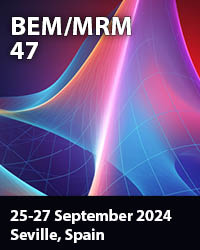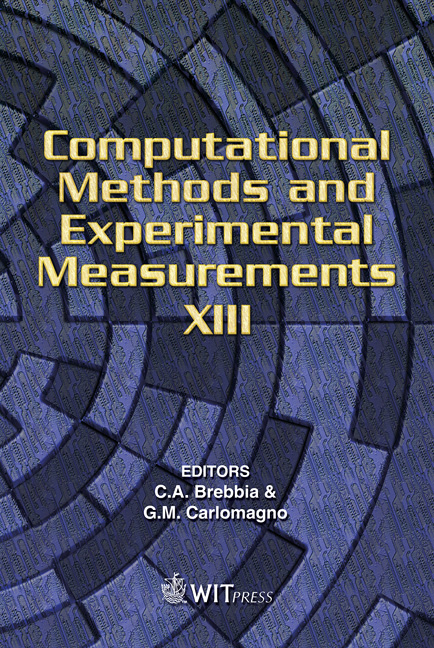Influence Of The Displacement Effect On Compressed LFM Signal Parameters
Price
Free (open access)
Transaction
Volume
46
Pages
10
Published
2007
Size
552 kb
Paper DOI
10.2495/CMEM070751
Copyright
WIT Press
Author(s)
A. Kawalec, Cz. Leśnik, W. Komorniczak, W. Czarnecki & J. Pietrasiński
Abstract
This paper deals with the digital signal processing in the application of a modern radar receiver. The influence of the signal discretization and its side effects on radar performance are considered. In particular, the paper presents the problem of the random displacement effect of LFM (linear frequency modulation) radar echo pulse beginning in accordance with the closest discrete time value. This effect has an impact on the characteristics of the pulse compression filter output signal. Its equivalence to the Doppler frequency shift has also been proven. The shift is responsible for additional, unwanted amplitude modulation of the signal samples on the output of the matched filter, as a result of the discretization process. The resulting losses of the signal level (LPG) can reach 4dB. The losses follow the function of the sampling frequency, whose relation has been developed. In addition, the displacement effect can significantly decrease the effectiveness of the MTI process. In the paper it has been shown that the influence of the displacement effect and discretization process on the relative level of the side lobes is not significant. The losses of PSL (Peak Side-lobe Level) do not exceed a fraction of dB. Characteristics evaluation of the discretization process has been performed on the basis of the proposed discrete time generation algorithm. The testing results are shown, as well as a discussion and some practical conclusions. Keywords: signal processing, linear frequency modulation, radar signal, ambiguity function, signal discretization.
Keywords
signal processing, linear frequency modulation, radar signal, ambiguity function, signal discretization.





